Our Guest Blogger Series taps teachers, tech coaches, and education thought leaders to share their strategies for motivating and engaging students. Guest Bloggers have previously covered ways to amplify student voice and grading essays in the era of ChatGPT. Below, Jonathan Hetrick digs into essential considerations for math interventions. Hetrick currently teaches 7th grade math, Pre-Algebra, Computer Science, and Competitive Gaming at Barton Junior High in El Dorado, Arizona.
As a student myself, I was always intrinsically motivated to learn and master math concepts. I've always loved that math is logical, systematic, and generally has one definite solution. However, when I became a math teacher, it was quickly apparent that not every student shared my joy for math. It was also apparent that not every student is able to learn a concept on the first attempt. Some students need extra help or practice. In education, this means that students need intervention.
Luckily, our school has a system for school-wide intervention for each core subject, and this school year we have time dedicated for intervention four days a week. Based on this experience and informed by research, here are my tips for approaching math intervention with your student population.
1) Understand why math intervention is essential to student success
One major issue I've learned as a math teacher is that once a student gets behind, they stay behind. This is because math is systematic. Math concepts build on each other and require the previous concepts to keep moving forward. If a student is unable to solve one-step equations, they have no chance at solving two-step equations without intervention.
There are many reasons math intervention is important beyond its systematic nature. I work with three different current or former math facilitators, and I asked each of them why they believe math intervention is important. Here’s what they had to say:
Karen Silmon, 7th Grade Math Teacher, Barton Junior High

“Students who are academically challenged in math, fear math. Intervention is the key to help students become more successful and ease this fear. Concepts that are taught more than once tend to increase understanding and mastery.”

Michelle Henry, Principal, Barton Junior High
“Deficits in math skills can create issues throughout one's future. Managing one's finances and good performance at a job are only some reasons that a strong math understanding is important. Consistent math intervention works to fill in the learning gaps that exist to cause breakdown in math understanding.”

Adrianne Carey, Math Facilitator, Barton Junior High
“Gone are the days when teachers collectively hope the next math teacher will cover the skills that were not mastered. Our current reality is to identify the gaps and plan intentionally to address them. Elementary math skills prepare students for middle and junior high school math which gets the students ready for algebra and geometry. Without the fundamentals of algebra and geometry, trigonometry and calculus are simply not passable. Primary math teachers are not preparing lessons on derivatives and integrals, but they are preparing our students to learn those concepts. RTI is the way to make that happen!”
2-8) A visual guide to making intervention meaningful
The Institute of Education Sciences (IES) developed several evidence- and research-based recommendations for effective math intervention. For one of the recommendations that was strongly supported by evidence, IES wrote, “Instruction during the intervention should be explicit and systematic. This includes providing models of proficient problem solving, verbalization of thought processes, guided practice, corrective feedback, and frequent cumulative review."
The IRIS Center at Vanderbilt University echoed these exact components in their list for best practices to help math educators meet the needs of struggling math students and students with math disabilities, with a notable addition of visual representations. Additionally, the effectiveness of an intervention for each individual student can be determined by a formative assessment.
Quizizz is a great tool for creating or customizing intervention sessions, like this one. The lesson format can easily include all evidence-based aspects of a successful intervention. This does require a bit of verbal instruction, but delivering the lesson as a teacher-paced Quizizz makes it easy to talk through each slide while each student has the models and visuals in front of them. Math interventions will be the most successful if they include the following components:
- Explicit Instruction
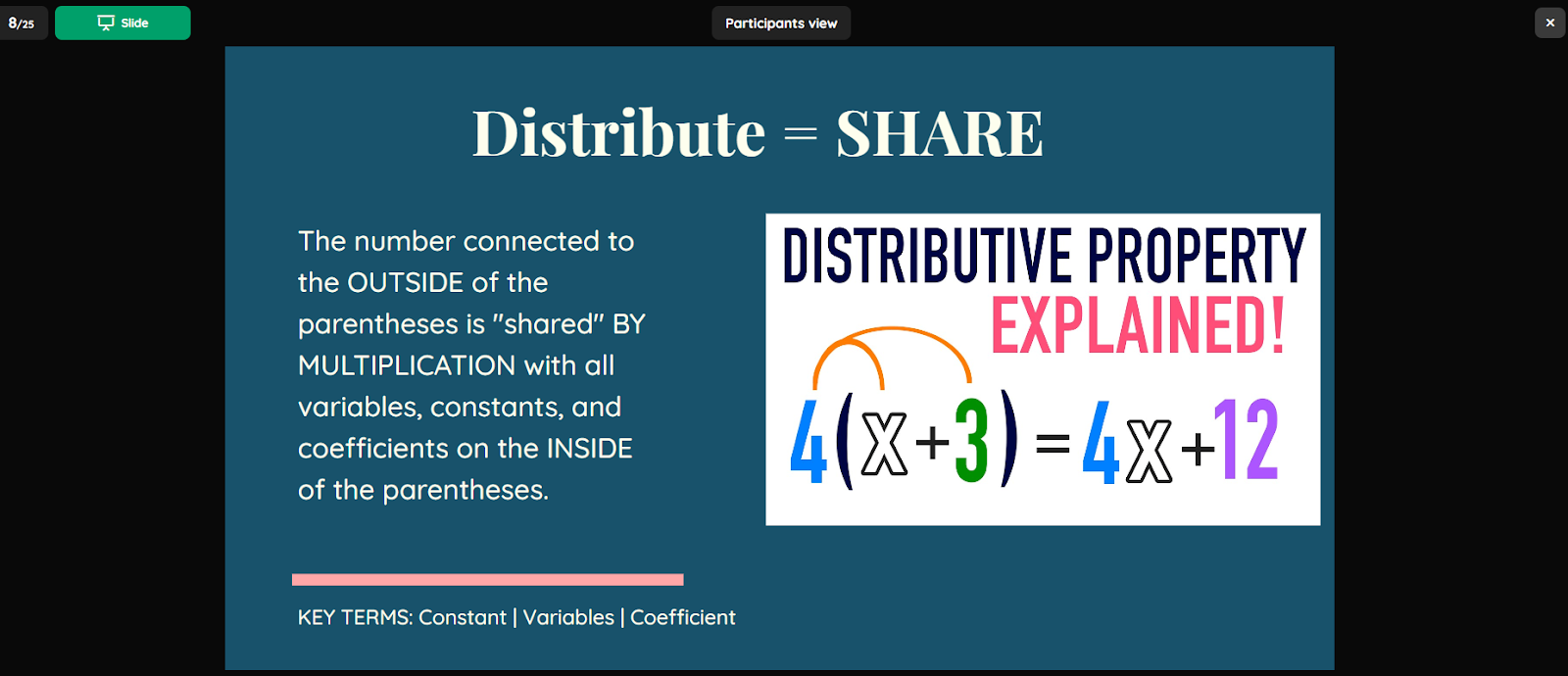
- Systematic Instruction
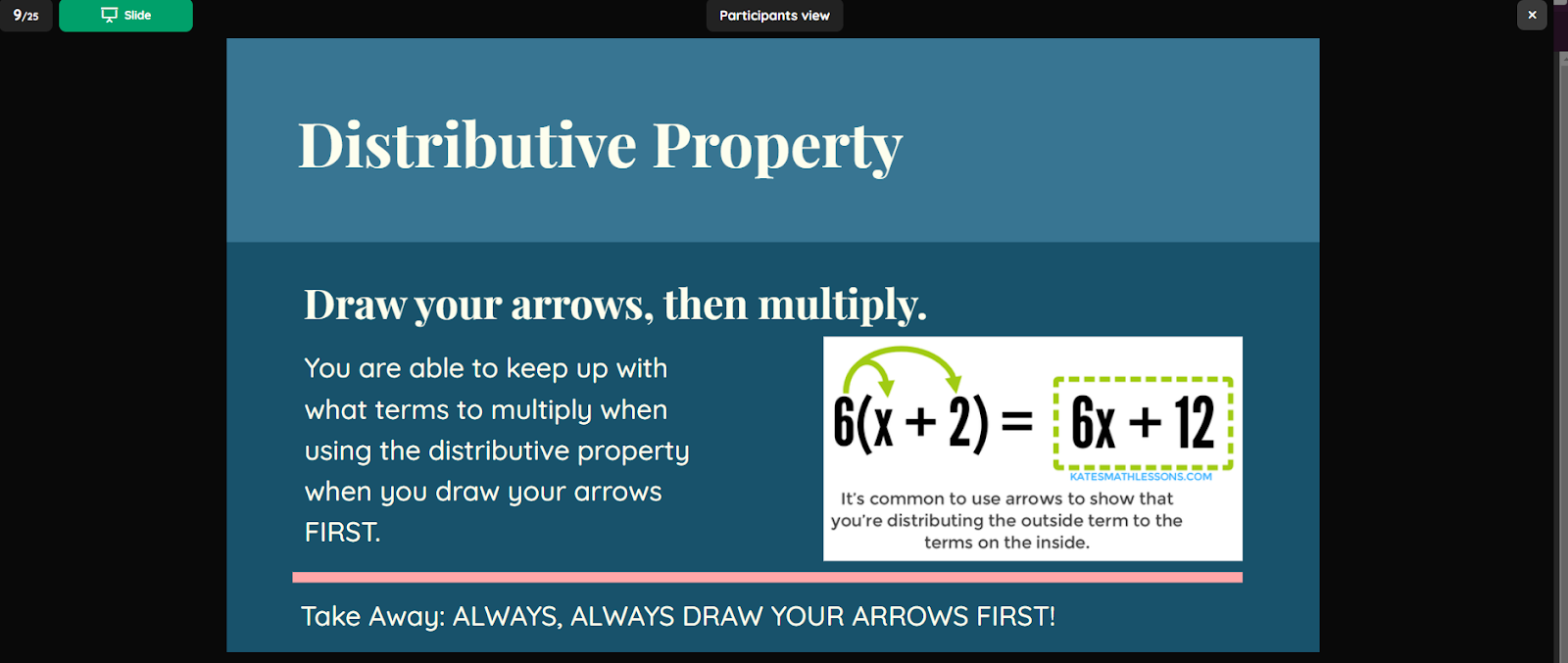
- Visual Representations
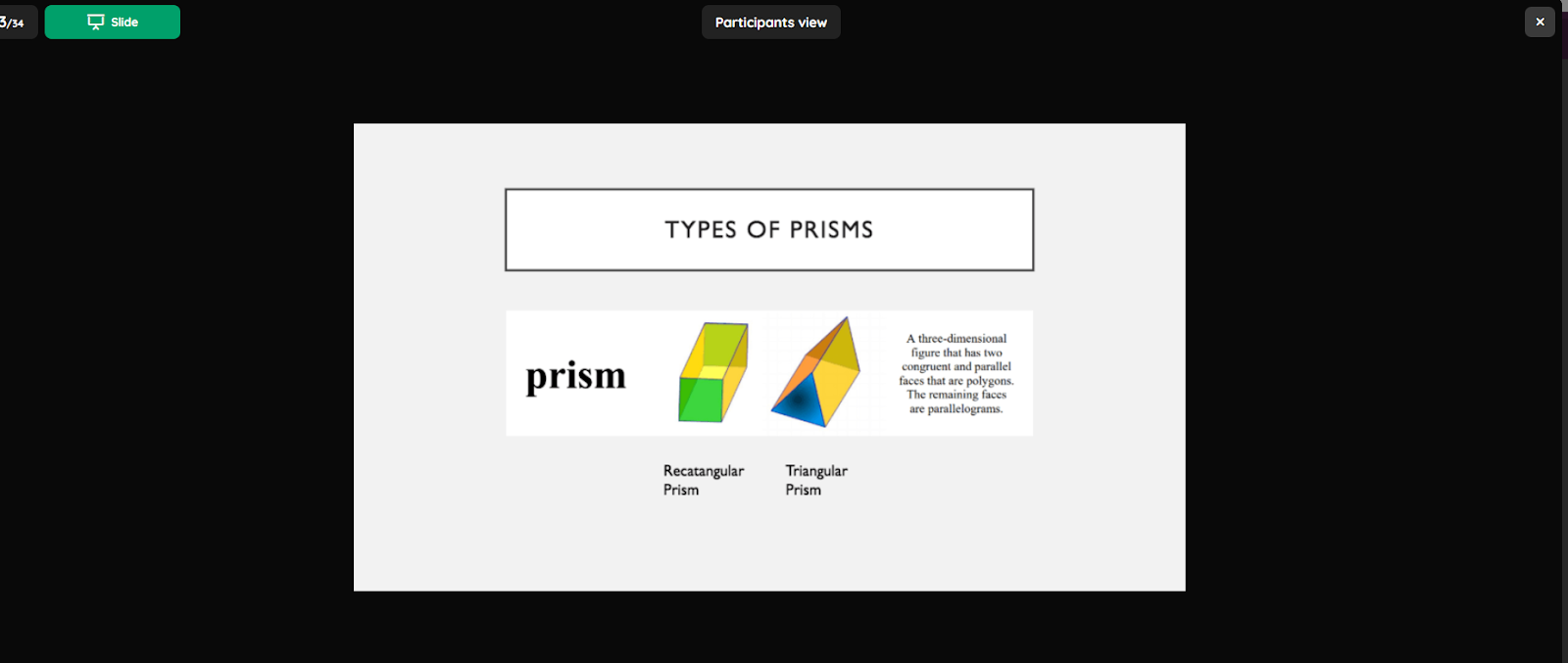
- Models of Easy and Difficult Problems
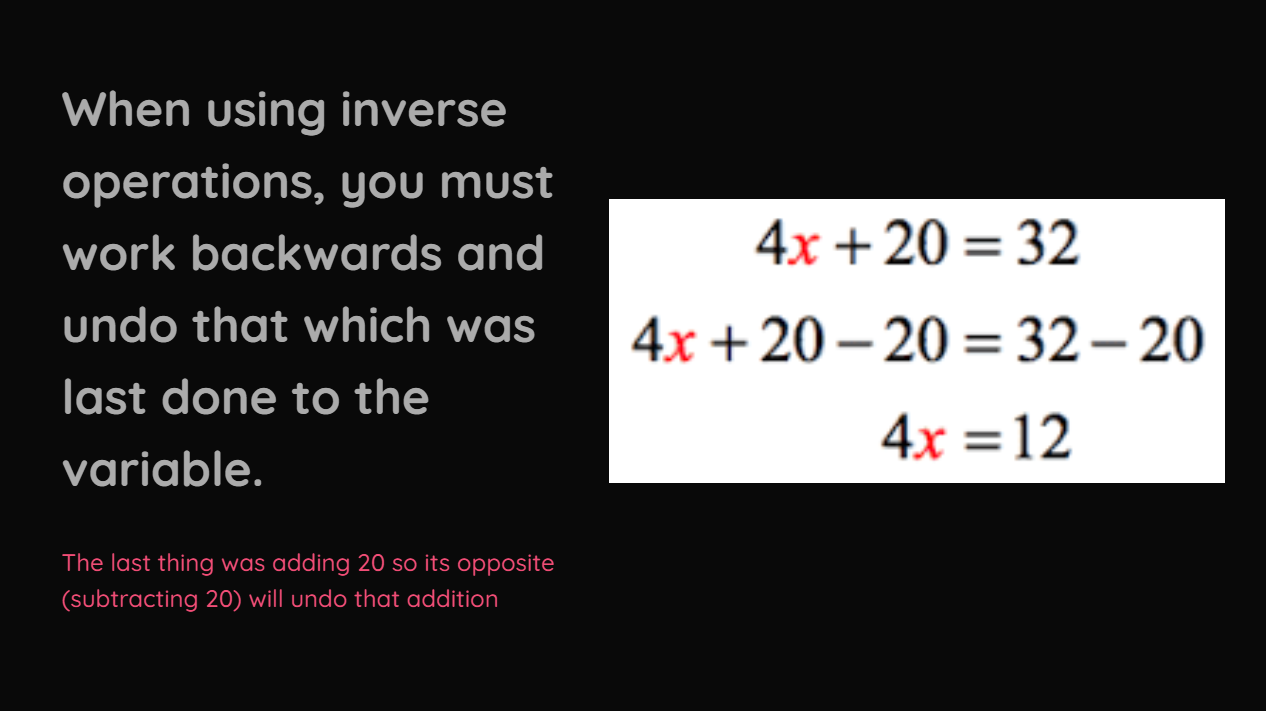
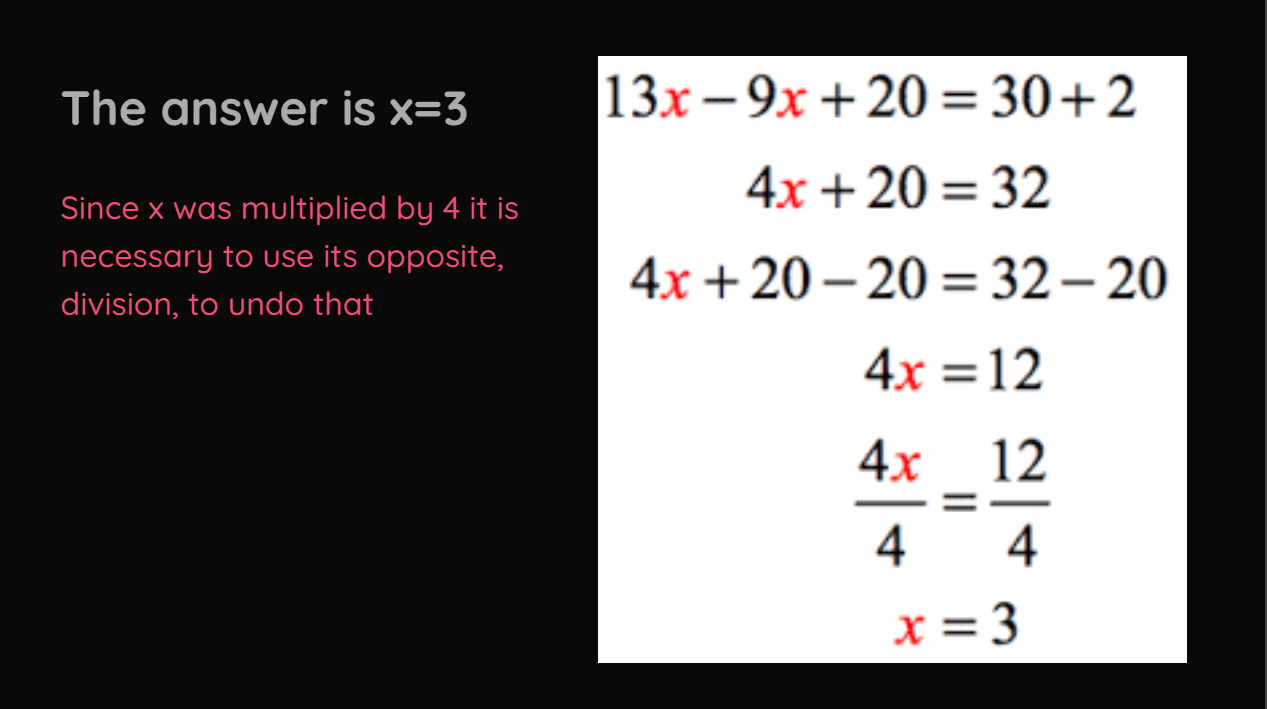
- Think-Alouds
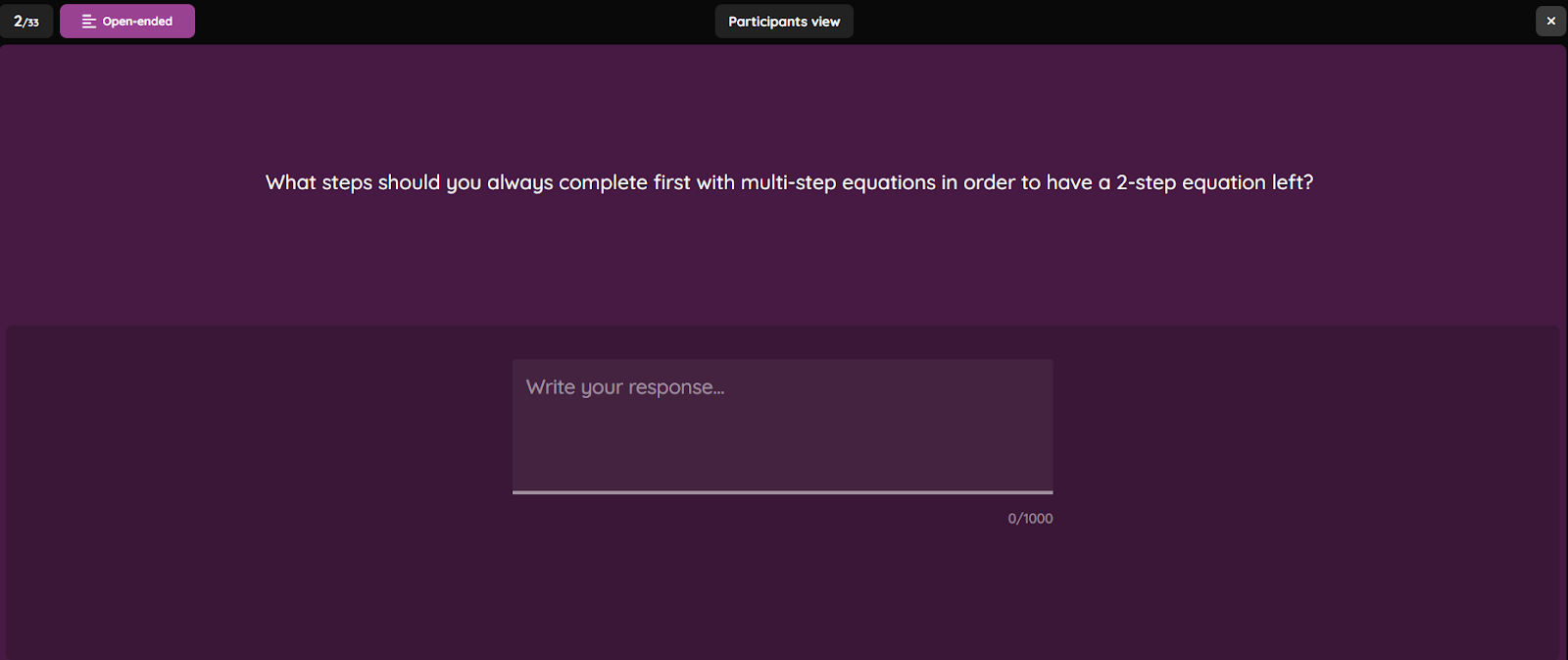
- Guided Practice - While using Quizizz with my intervention groups, I like to add in questions worth 0 points throughout the teaching/lesson portion as guided practice and to see if each step is understood while we build to the entire learning target. At the end of the intervention session, I give 3-4 graded questions for points to use as a formative assessment.
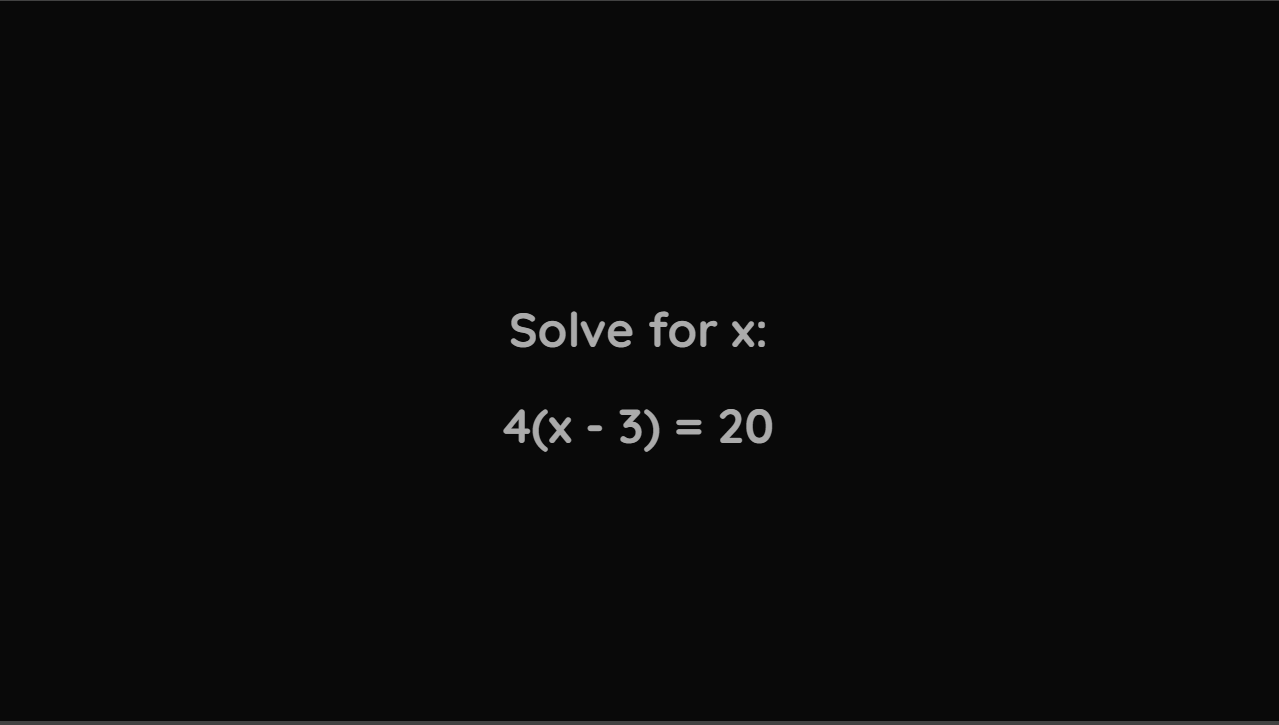
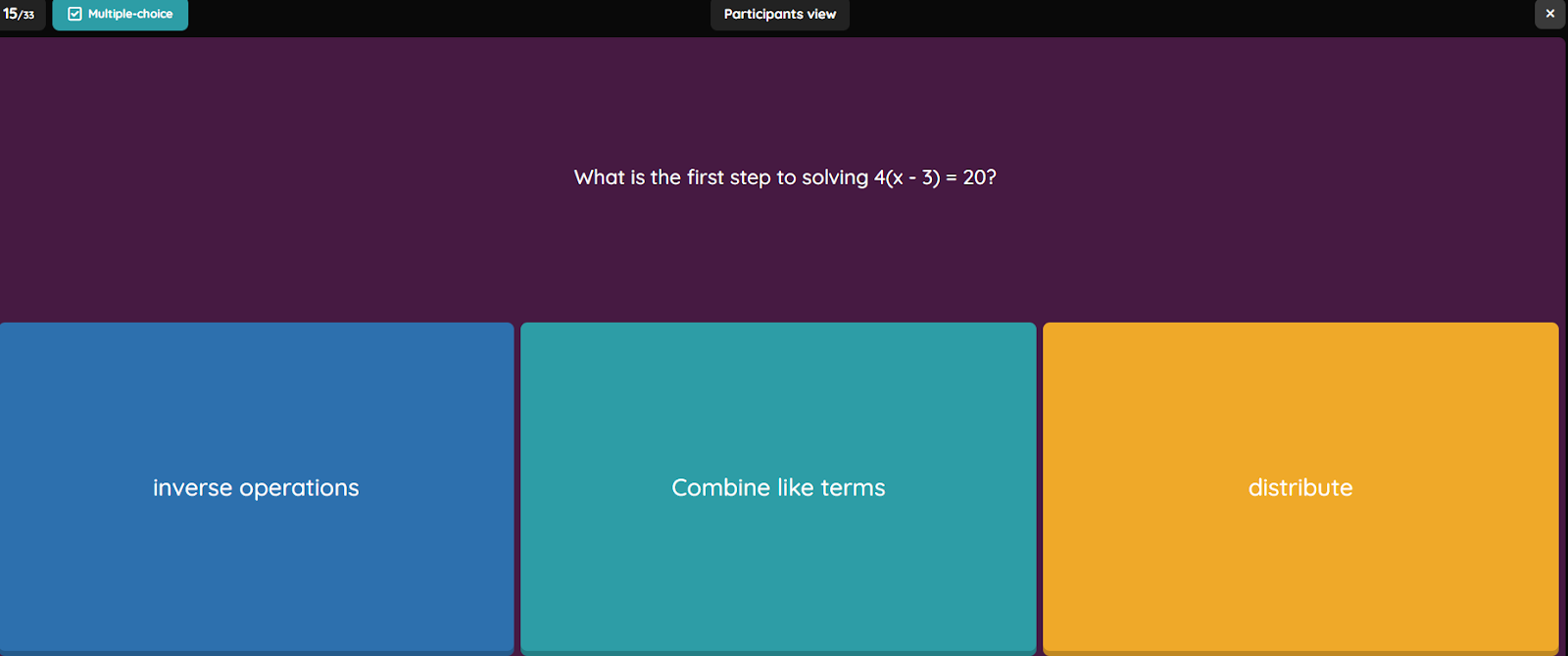
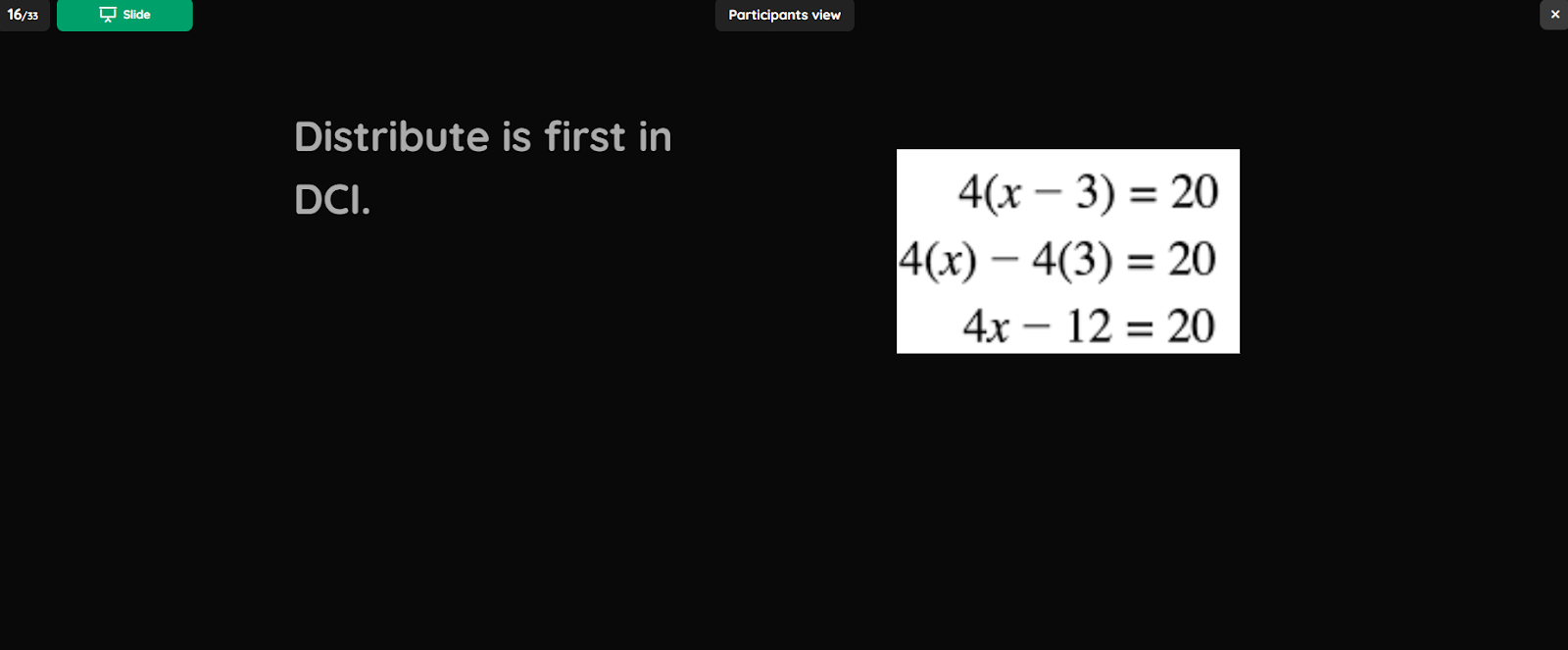
- Corrective Feedback - This can be delivered verbally based on incorrect answers.
You can accomplish all of the above in one session of intervention with Quizizz!
9) Try new question types in your math intervention
The Quizizz Math Response question type has been especially helpful, allowing students to enter their answers in the form of numericals, fractions, expressions, equations, or irregularities and making instruction that much more authentic.
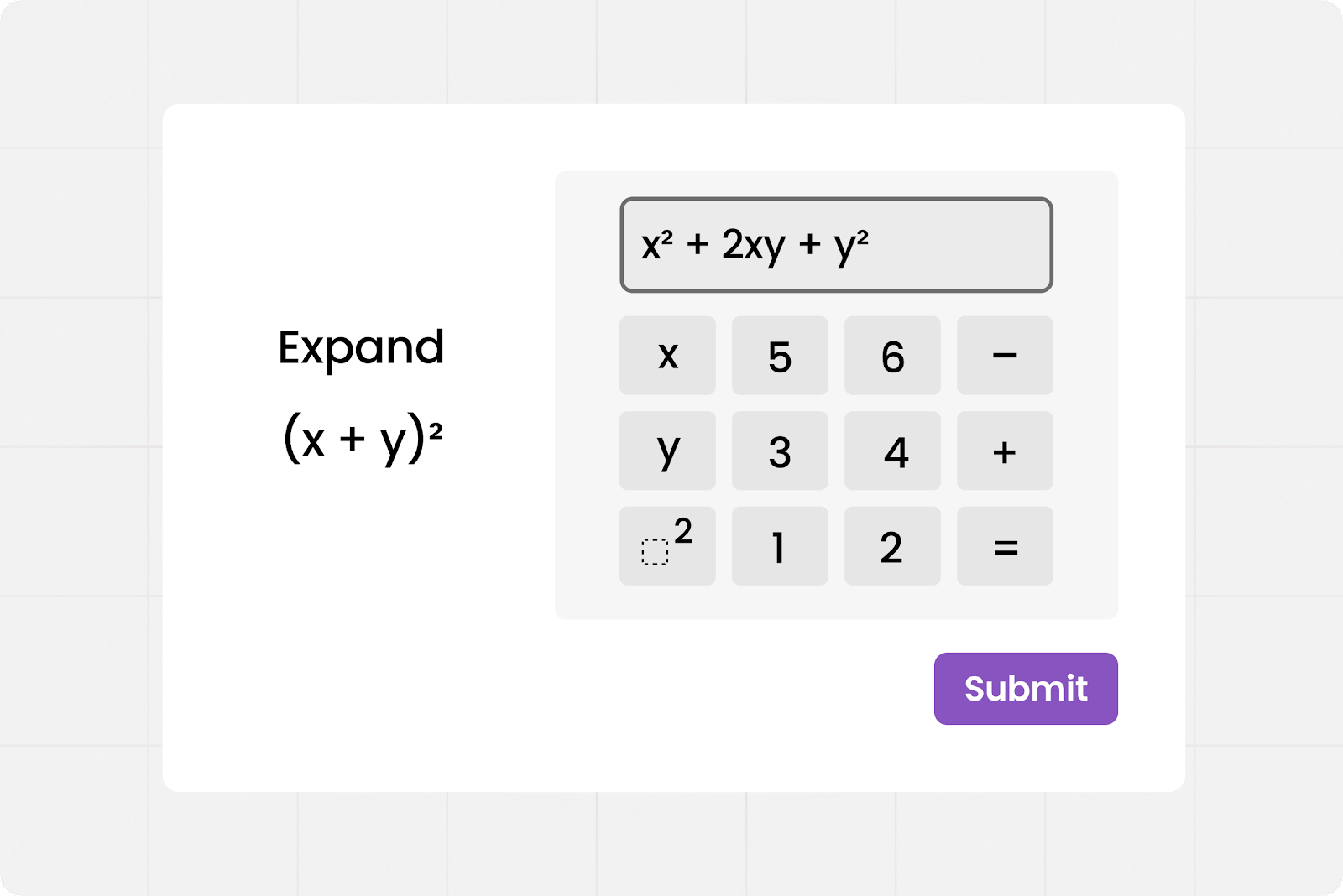
Using Quizizz for intervention sessions on our campus also easily allows us to meet students for intervention whether they have us as their math teacher or not. Any student can asynchronously join the Quizizz activity using a join code, and at the end of the session we share the reports and use that data to inform our PLC work.
Quizizz is...more than gamified quizzes. Today, teachers in 90% of U.S. schools use Quizizz to create assessment and practice activities–from homework and tests to quizzes and presentations–that motivate students and promote mastery. Learn more about Quizizz for math here!



.png)












